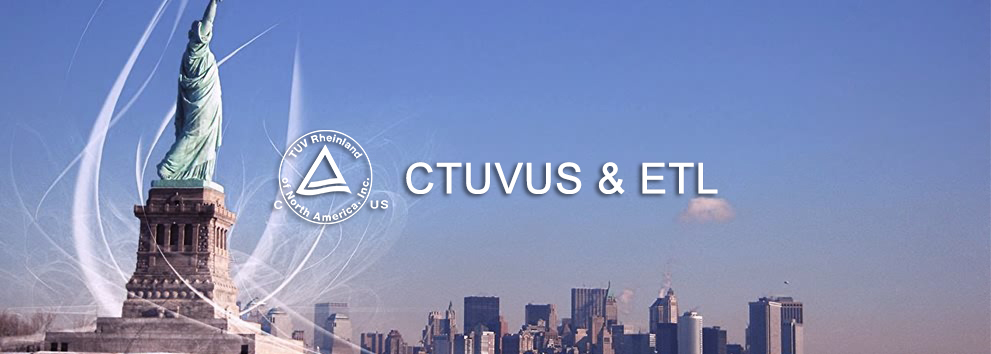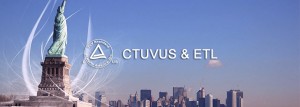UL 9540 2023 New Version Amendment
UL 9540 2023 New Version Amendment,
UL 9540,
▍What is cTUVus & ETL CERTIFICATION?
OSHA (Occupational Safety and Health Administration), affiliated to US DOL (Department of Labor), demands that all products to be used in workplace must be tested and certificated by NRTL before being sold in market. Applicable testing standards include American National Standards Institute (ANSI) standards; American Society for Testing Material (ASTM) standards, Underwriter Laboratory (UL) standards, and factory mutual-recognition organization standards.
▍OSHA, NRTL, cTUVus, ETL and UL terms definition and relationship
OSHA: Abbreviation of Occupational Safety and Health Administration. It is an affiliation of US DOL (Department of Labor).
NRTL: Abbreviation of Nationally Recognized Testing Laboratory. It is in charge of lab accreditation. Up to now, there are 18 third-party testing institutions approved by NRTL, including TUV, ITS, MET and so forth.
cTUVus: Certification mark of TUVRh in North America.
ETL: Abbreviation of American Electrical Testing Laboratory. It was established in 1896 by Albert Einstein, the American inventor.
UL: Abbreviation of Underwriter Laboratories Inc.
▍Difference between cTUVus, ETL & UL
| Item | UL | cTUVus | ETL |
| Applied standard |
Same |
||
| Institution qualified for certificate receipt |
NRTL (Nationally approved laboratory) |
||
| Applied market |
North America (US and Canada) |
||
| Testing and certification institution | Underwriter Laboratory (China) Inc performs testing and issue project conclusion letter | MCM performs testing and TUV issues certificate | MCM performs testing and TUV issues certificate |
| Lead time | 5-12W | 2-3W | 2-3W |
| Application cost | Highest in peer | About 50~60% of UL cost | About 60~70% of UL cost |
| Advantage | An American local institution with good recognition in US and Canada | An International institution owns authority and offers reasonable price, also be recognized by North America | An American institution with good recognition in North America |
| Disadvantage |
|
Less brand recognition than that of UL | Less recognition than that of UL in certification of product component |
▍Why MCM?
● Soft Support from qualification and technology: As the witness testing lab of TUVRH and ITS in North American Certification, MCM is able to perform all types of testing and provide better service by exchanging technology face to face.
● Hard support from technology: MCM is equipped with all testing equipment for batteries of big-sized, small-sized and precision projects (i.e. electric mobile car, storage energy, and electronic digital products), able to provide overall battery testing and certification services in North America, covering standards UL2580, UL1973, UL2271, UL1642, UL2054 and so forth.
On June 28th 2023, the standard for energy storage battery system ANSI/CAN/UL 9540:2023:Standard for Energy Storage Systems and Equipment issues the third revision. We will analyze the differences in definition, structure and testing.For Battery Energy Storage System (BESS), the enclosure should meet UL 9540A Unit Level testing.Gasket and seals can comply with UL 50E/CSA C22.2 No. 94.2 or comply with UL 157 or ASTM D412.If BESS uses metallic enclosure, that enclosure should be noncombustible materials or comply with UL 9540A unit.ESS enclosure should have certain strengthen and rigidity. This can be proved by passing test of UL 50, UL 1741, IEC 62477-1, UL 2755, ISO 1496-1 or other standards alike. But for ESS less than 50kWh, the strengthen of enclosure can be evaluated through this standard.Software that can be remotely upgraded should comply with UL 1998 or UL60730-1/CSA E60730-1 (Class B software)ESS with lithium-ion batteries capacity of 500 kWh or greater should be provided with an external warning communication system (EWCS) so as to give an advance notification to operators of a potential safety issue.Installation of EWCS should reference NFPA 72. Visual alarm should be in accordance with UL 1638. Audio alarm should be in accordance with UL 464/ ULC525. The maximum sound level for audio alarms shall not exceed 100 Dba.ESS containing liquids, including ESS with coolant systems containing liquid coolant, shall be provided with some means of leak detection to monitor for loss of coolant. Coolant leaks that are detected shall result in a warning signal to the ESS monitoring and control system and shall initiate an alarm if provided.










